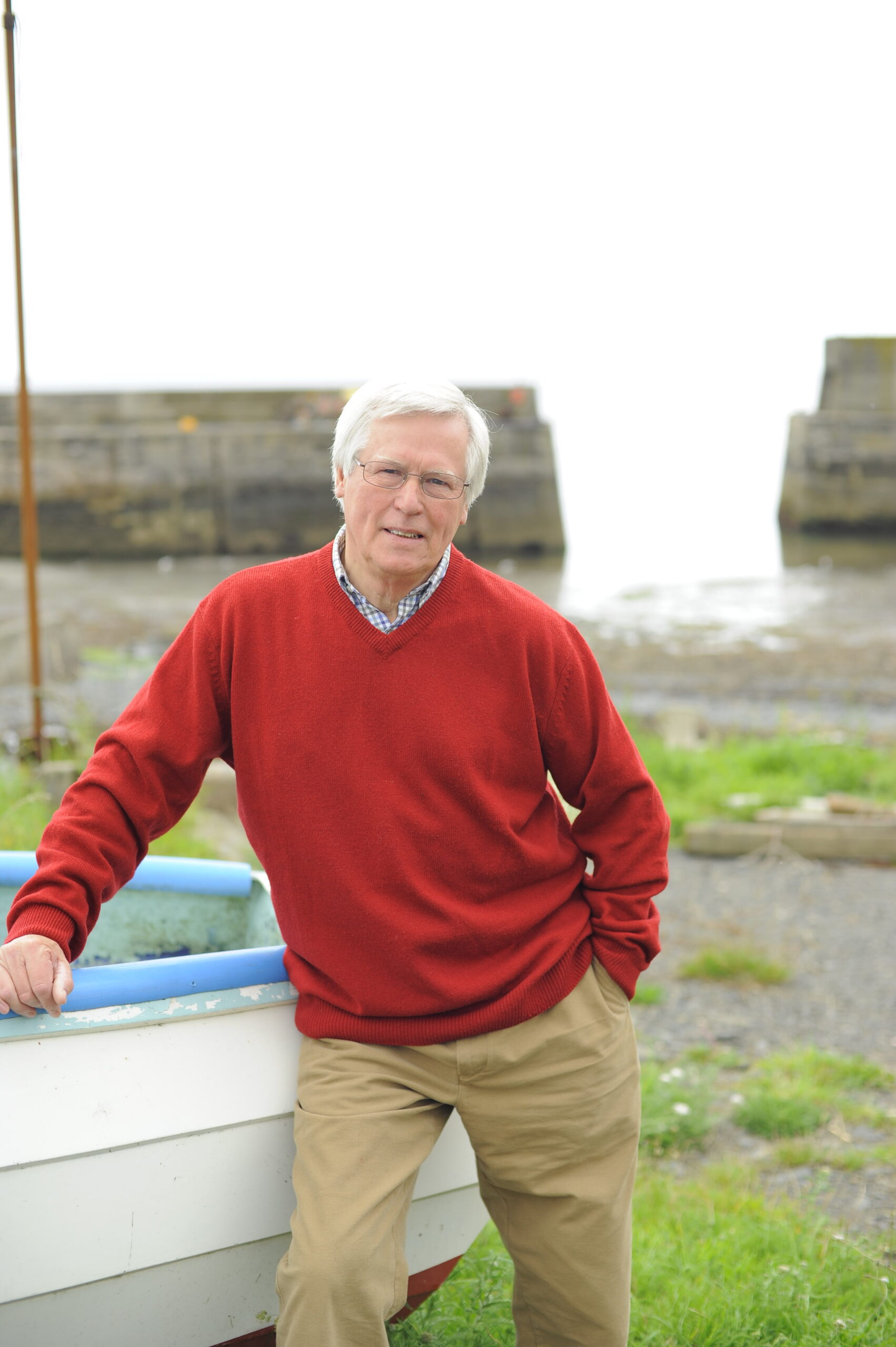
Looking for somewhere reasonably-priced to stay if you are visiting the South Downs, our newest national park? This month a £5m venture opens its doors for the first time on a prime site with space for 60 guests and, guess what, it’s a youth hostel, with rooms from just £25 per night.
If you’ve been ‘staycationing’ (spending more of your holiday time in the UK due to the economic downturn), you’ll know it is not necessarily a cheap alternative to the rest of Europe. Recently my wife and I paid £80 for a bed and breakfast in a pub and the room had basic furniture, a dodgy shower and dirty carpets. A more elegant room in another pub was a steep £105.
It is welcome news then, especially for those with limited budgets, that YHA in England and Wales is splashing out to update its image with a new generation of hostels. It is spending millions refurbishing five classic hostels at Ambleside, Malham, Canterbury, York and Stratford-upon-Avon (which reopens this month) to include en-suite and family rooms, restaurants and education facilities.
And that brand new hostel at Itford Farm on the South Downs even has an interpretation centre to guide visitors around the national park. With all this, on top of other investments in recent years to remove the old spartan image, it’s not such a surprise that readers of two broadsheet newspapers voted YHA the fourth best hotel (not hostel) chain in the UK for 2012, putting it ahead of the upmarket Marriott group.
Controversial closures
But there was a price to be paid to guarantee the modernisation and long-term survival of this much-loved charity, which has opened up the countryside to millions during its 80-year history. When I was its president a few years ago, a huge outcry broke out over plans to close around 40 of the smaller, often unprofitable, hostels – many of which happened to be in the most stunning locations.
Despite the protests, the plans went ahead and more than £20m to invest in future development was raised from the sell-off. Some stalwart members quit, claiming YHA had lost its heart, but the new look has created a greater appeal, especially with young families. In 2011 there were 1,719,348 overnight stays in 200-plus premises.
And I’m happy to report that not all those redundant hostels fell by the wayside. Take the one in the village of Wooler, in the heart Glendale in remote rural Northumberland. With around 5,000 overnight stays a year it was vital to the local economy, so the Glendale Trust bought it in 2006 for £200,000 and spent another £180,000 doing it up.
“It’s been worth every penny,” says Neil Wilson of the Trust, “and though the impact of the recession has been significant – some of our older regulars have stopped coming – we are launching a new marketing plan and there is no question of us having to close. “It is part of our community and gives holidaymakers and primary school parties the opportunity to explore a wonderful, isolated landscape for a bargain price.”
For a fee, the 57-bed Wooler hostel taps into YHA Enterprise, a scheme that allows independent hostels to benefit from YHA’s booking system. With a growing number of these, YHA admits the market is getting so competitive it’s now offering discounts and running promotions. All good news for the savvy traveller.

